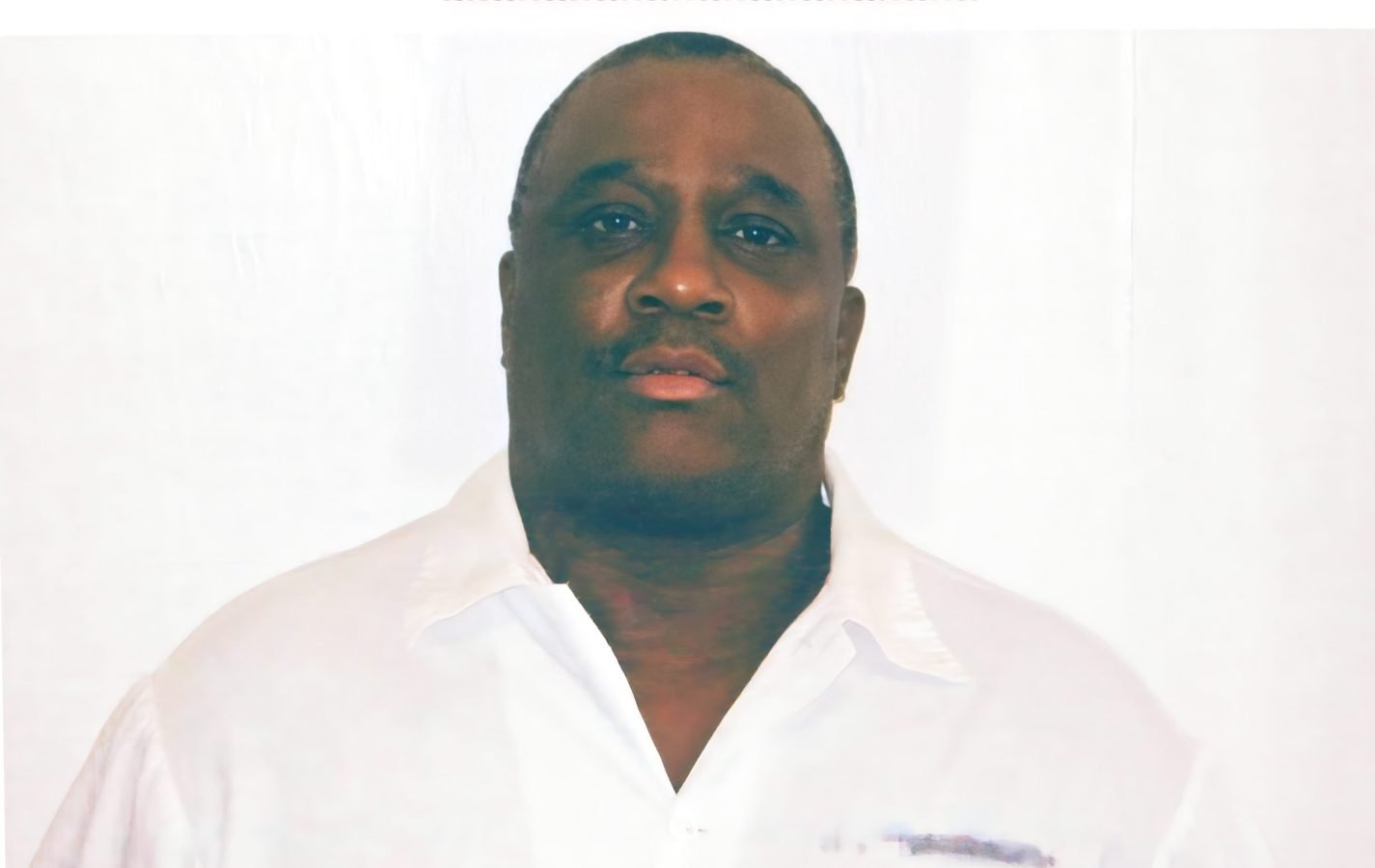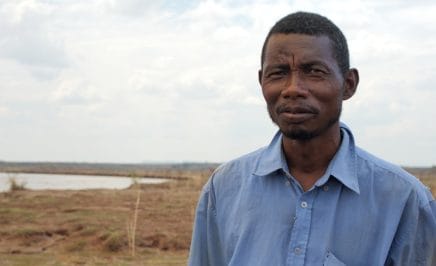When Rocky Myers – an Alabama man on death row whom I have represented for the past 16 years – found out that we’d lost yet another appeal, he told me he was done.
He said to me over the phone in 2012 that he didn’t want me to fight for clemency (i.e. lenience on his sentence). When I asked him why, he said he was tired, had never begged anyone for anything, and wasn’t going to start now.
Our legal system offers very little hope and he was worn down. He was done fighting for his freedom, or at least his right to life. Obviously, this was incredibly distressing so I immediately scheduled a prison visit.
When we met, I tried to convince him not to give up. I was frank and explained that it might be a longshot to go for clemency – something that might result in him being taken off death row – but that his is a story worth telling.
I wanted him to know that if we shouted loud enough, maybe – just maybe – he might help fix a part of our justice system and help someone in the future.
It was this last point that changed his mind and convinced him to carry on. For me, that moment sums Rocky up – that despite the life he has been forced to endure, he remains committed to being the best person he can be, and he does it with dignity.
Rocky is a Black man who has spent almost 30 years in prison and on death row. Convicted in 1994 by a nearly all-white jury who sentenced him to life without the possibility of parole for the murder of his white neighbour, the trial judge overrode their decision and imposed a death sentence – a practice now outlawed in Alabama – according to al.com.
No physical evidence linked Rocky to the murder of which he was convicted, except for the victim’s video recorder, which he testified he found abandoned in the street. Key testimonies against him were tainted by inconsistencies and allegations of police pressure, with one later recanted as untrue, al.com reported.
His assigned lawyer for post-conviction appeals abandoned his case without notice, making him miss critical deadlines for judicial appeals, according to court documents.
On top of that, when Rocky was 11 years old, he was diagnosed with an intellectual disability and reads at the primary school level to this day. The courts relied primarily on IQ tests – a standard the US Supreme Court found inadequate in 2014 – to reject his request for a deadline extension submitted.
Indeed, quite apart from claims of his innocence, to execute Rocky would be a direct violation of a 2002 US Supreme Court ruling that found the execution of an intellectually disabled inmate to be cruel and unusual and, therefore, in violation of the Eighth Amendment to the US Constitution.
And because Rocky’s counsel abandoned him amid his post-conviction proceedings, these claims have never been fully addressed by any court because he missed key deadlines to raise them.
It seems his only crimes are being a person of colour, poor, and having an intellectual disability. He represents all the failures of Alabama’s broken justice system in many ways.
But despite all this, Rocky tries to be positive. We speak once a week to discuss how we might take his case forward, but we chat about daily life, too.
For him, that’s life in a small cell with a toy turtle that he treats as a pet. He loves sports, music – he was a drummer at his local church before his conviction – and supports the New York Giants and the Yankees. He is also a father, a grandfather, and a great-grandfather and manages to maintain such beautiful relationships with his family in the most inhumane situations.
Rocky is also a profoundly religious man who prays for many people, including the people incarcerating him – he even prays for Governor Ivey, the woman who has the power to grant him clemency. His innate kindness is another reason why the prospect of him being executed is such a travesty.
I want to see this man walk free but, if I’m honest, that might take a miracle. At the very least, I want to see him granted clemency.
“It seems his only crimes are being a person of colour, poor, and having an intellectual disability ”
There are no upcoming appeals or court dates, but we’re currently looking at all the avenues that we have available, and of course we are hoping that a date will not be set for his execution any time soon.
The future might look bleak for Rocky, but you have the power to help him. Each year, Amnesty International supporters across the planet write hundreds of thousands of letters and emails calling for justice or showing solidarity.
It’s a truly global event where over 5.3million actions – i.e. calling on authorities in solidarity with individuals – were taken for the 10 individuals and groups featured in Write for Rights 2022. And this year, I am very glad that Amnesty has chosen Rocky to be among the 10 cases highlighted – to ask for support for his clemency bid and show solidarity with Rocky.
As the possibility of a date being set for his execution continues to loom – because new protocols on how executions should take place are expected to be finalised at the end of this year, after almost 30 years of appeals and pending litigation – Rocky finds keeping his spirits up more challenging.
Sending a letter might seem like a small act, but it can change lives. For Rocky, who spends most of his life alone in a small prison cell, the world will suddenly open up to him, and he will feel seen.
I also want to use this opportunity to speak directly to Governor Ivey, who has the power to stand up for justice and change Rocky’s life.
Clemency is supposed to be a fail-safe – beyond that, there is something called grace.
As an executive decision maker, Governor Ivey has the opportunity to acknowledge that mistakes were made in Rocky’s case, and she can use her power to right a historical wrong.
Governor Ivey, I urge you to reflect and truly consider the weight of a decision that lies in your hands. You know well that this is not the first time mistakes have been made, recognised and remedied.
Eight years ago, Anthony Ray Hinton was exonerated after having spent 30 years on death row for a crime he did not commit. Mr Hinton counts as the ninth person exonerated after time on Alabama’s death row.
I urge you to recognise the gravity of the choice that lies before you. You have the power to help Rocky and his children, grandchildren, and great–grandchildren and set an example to future lawmakers.
I implore you to stand for what true justice is in this case and intervene in Rocky’s case. Because if you don’t, nobody will.
This article was originally published on metro.co.uk by Kacey Keeton. Other media publications cannot use the copy.









